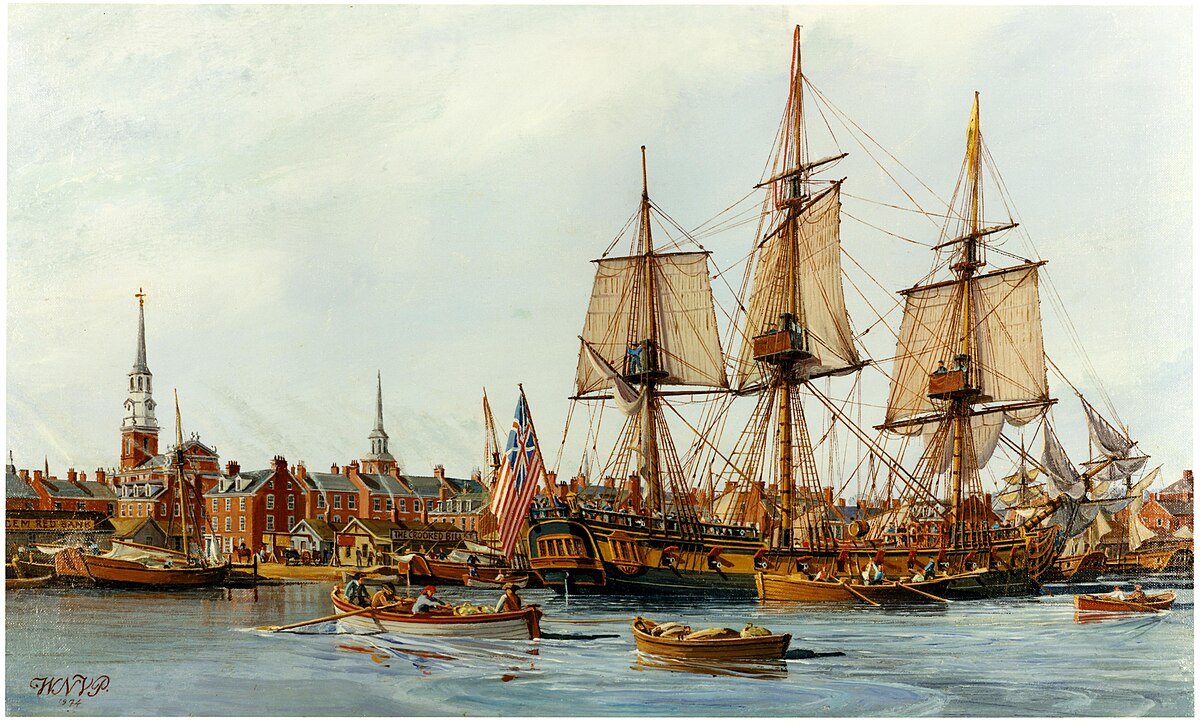 On December 21 1957 Charles de Gaulle was elected first president of the Fifth Republic of France. What an annoying man.
On December 21 1957 Charles de Gaulle was elected first president of the Fifth Republic of France. What an annoying man.
De Gaulle had a very impressive career, from certain angles. He was a decorated officer in World War I and, captured at Verdun leading a desperate breakout charge after being stunned by a shell, bayoneted and gassed, tried to escape several times. He also deserves full credit for having tried, as a staff officer in the 1930s, to persuade his superiors of the importance of mobile armored warfare. Sadly his 1934 book Vers l'Armée de Métier was ignored in France but read carefully by, among others, Adolph Hitler in Germany. He even tried to conjure up armoured counterattacks during the Battle for France and was promoted to brigadier-general but it was too little too late.
I also credit him for refusing to accept surrender, escaping to Britain and organizing the Free French. And there the good news stops.
He was an insufferable wartime partner, refusing to accept that France had lost and expecting to be treated as an equal by Churchill, Roosevelt and even Stalin. The English-speaking leaders humoured him, having better things to do than fall out with the icon of French determination, but not always with good humour. He was arrogant, peremptory and unreasonable on principle. He even refused to broadcast support for the Normandy Landings on D-Day, leaving U.S. Army Chief of Staff George Marshall incandescent with rage. FDR wanted the British to arrest him and Churchill said, half in jest, “We call him Joan of Arc, and we’re looking for some bishops to burn him.”
His political career fizzled in the late 1940s and early 1950s. But as the Fourth Republic disintegrated and a revolt in Algeria menaced France’s position as an Empire, such as it was, de Gaulle was the indispensable man and was summoned back into public life. What good did he do?
He famously went to Algeria and told the die-hards “Je vous ai compris”. But he was lying, if realistically, because there was no alternative to Algerian independence. But beyond that, what did he really do for France?
His embrace of central planning, to the point of France having five year plans, was snootily disdainful of Anglo-Saxon individualism. But while dirigisme achieved some superficially impressive results in the aftermath of the Marshall Plan, especially in high-profile engineering-intensive megaprojects, it saddled France with sluggish growth of productivity and high unemployment made that much more intractable by the illusion that state intervention had worked in de Gaulle’s glorious years.
His most annoying act, in my view, was pulling France out of NATO’s integrated command in 1966, and ordering foreign forces out of France, prompting U.S. Secretary of State Dean Rusk’s bitter question whether that included the Americans buried in Normandy. De Gaulle went even further, announcing an “in all directions” nuclear defence strategy in 1967 that, if it meant anything, meant he was as ready for an American-British attack as a Soviet one.
Now I’m trying to be fair here. De Gaulle did get nuclear weapons for France, and insisted on above-air testing long after the others had agreed to stop. And the West was rather well served in deterring the Soviets by having multiple nuclear centres including a very unpredictable one in France. But on the whole de Gaulle didn’t seem to know who his friends were which helped reduce their number. By 1968 he was plumb out and retired again, this time for good.
His presidency was characterised by what observers called a “politique de grandeur,” a conviction that France could be a great power merely by being snooty, obnoxious and insolent, as he had been during the Second World War. As Richard Nixon noted in his book Real Peace, De Gaulle once wrote that “France is never her true self except when she is engaged in a great enterprise.” And he seemed to think he carried with him in his pocket wherever he went and had merely to assert it to make it so.
Indeed, de Gaulle has the odd distinction of having made himself the target of a sizzling bon mot by Nixon, a man not given to such things: that de Gaulle had a vision that spanned centuries but unfortunately he was looking in the wrong direction.
Both parts are true. As a result, France is not better off for having had him as their president. Quite the reverse.
 December 26 is “boxing day” and has been since… since… we’re not sure. Apparently the first definitive reference is from England in the 1830s but it must have started earlier or there’d have been nothing to refer to.
December 26 is “boxing day” and has been since… since… we’re not sure. Apparently the first definitive reference is from England in the 1830s but it must have started earlier or there’d have been nothing to refer to.





